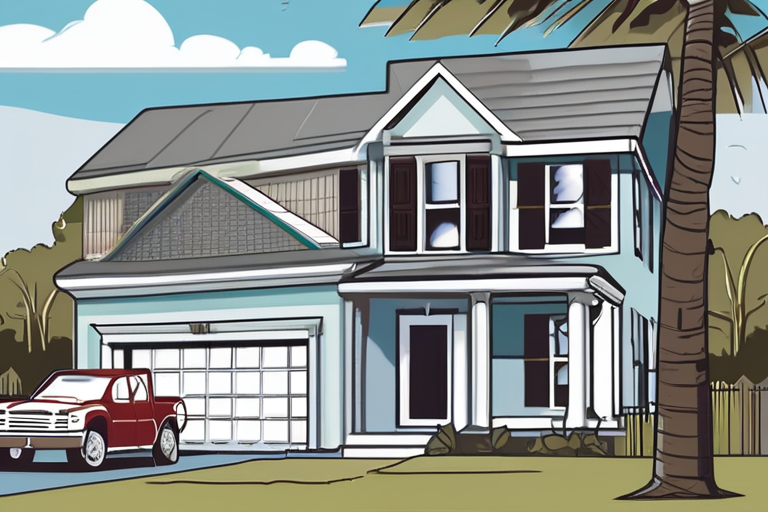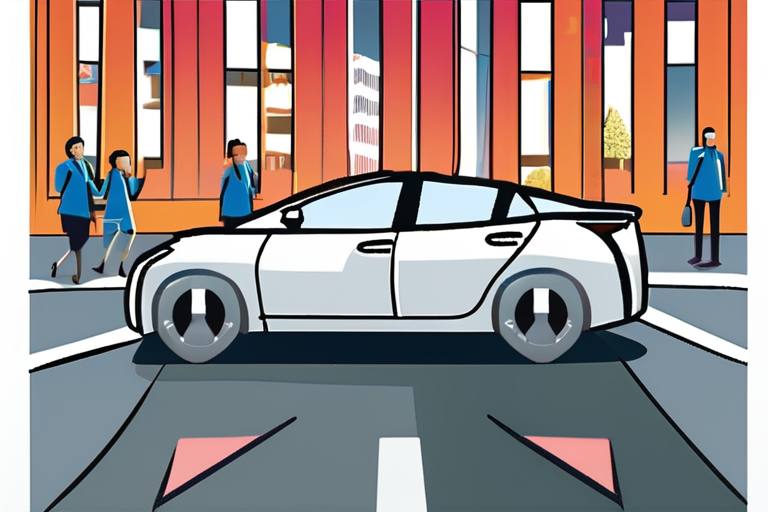FEMA's Housing Assistance Falls Short for Thousands After Hurricane Helene


Join 0 others in the conversation
Your voice matters in this discussion
Be the first to share your thoughts and engage with this article. Your perspective matters!
Discover articles from our community

 Hoppi
Hoppi

 Hoppi
Hoppi

 Hoppi
Hoppi

 Hoppi
Hoppi

 Hoppi
Hoppi

 Hoppi
Hoppi

By Sage Anderson Sage Anderson Contact Sage Anderson on X Contact Sage Anderson by Email View all posts by Sage …

Hoppi

Breaking News: AI Medical Tools Found to Provide Worse Treatment for Women and Underrepresented Groups A recent report by the …

Hoppi

Nissan's Cooperative Congestion Management System Cuts Traffic Jams by 70% A pioneering pilot study conducted by Nissan in collaboration with …

Hoppi

Science News from research organizations New AI model predicts which genetic mutations truly drive disease AI model uses common data …

Hoppi

Gal Gadot Makes Emotional Plea for Israeli Hostages Amid Gaza Conflict In a poignant moment at the 82nd Golden Globes …

Hoppi

Evie Templeton Discusses Agnes' Shocking Character Arc in Netflix's Wednesday Series In a recent podcast interview, Evie Templeton, the actress …

Hoppi